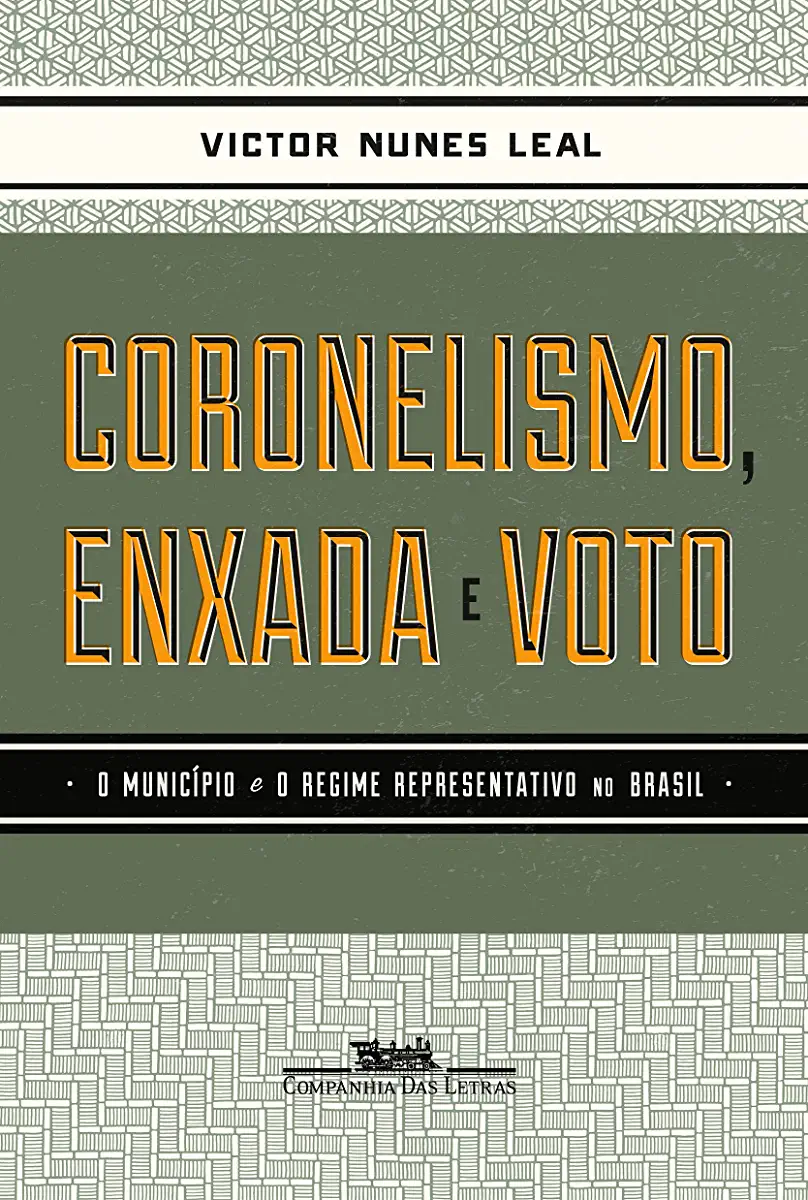
. Bossism, Coronelism, Clientelism - Victor Nunes Leal
Bossism, Coronelism, Clientelism: A Political System in Brazil
Introduction
In his seminal work, "Bossism, Coronelism, Clientelism: A Political System in Brazil," Victor Nunes Leal provides a comprehensive analysis of the political system that dominated Brazil from the late 19th century to the mid-20th century. Leal argues that this system, characterized by the concentration of power in the hands of local bosses and their networks of clients, was a major obstacle to Brazil's development and modernization.
The Structure of Bossism
Leal begins by describing the structure of bossism, which he defines as "a system of political control in which a local leader, or boss, exercises power over a group of followers, or clients, in exchange for political support." Bosses typically controlled access to government resources, such as jobs, contracts, and favors, and used these resources to build and maintain their power base.
The Role of Clientelism
Clientelism, according to Leal, is "a system of political exchange in which individuals or groups provide support to a patron in exchange for material benefits or political favors." Clientelism was a key component of bossism, as it allowed bosses to build and maintain their networks of support. Clients would provide votes, campaign support, and other forms of assistance to the boss in exchange for access to government resources and other benefits.
The Impact of Bossism and Clientelism
Leal argues that bossism and clientelism had a number of negative consequences for Brazil. These included:
- The concentration of power in the hands of a few individuals: Bosses and their networks of clients controlled access to government resources and decision-making, which limited the ability of other groups to participate in the political process.
- The corruption of the political system: Bossism and clientelism created a system in which political decisions were based on personal relationships and favors rather than on the public interest.
- The阻碍Brazil's development: Bossism and clientelism diverted resources away from productive uses and created a system that was resistant to change and innovation.
Conclusion
Leal concludes that bossism and clientelism were major obstacles to Brazil's development and modernization. He argues that these systems needed to be dismantled in order for Brazil to progress.
Why You Should Read This Book
"Bossism, Coronelism, Clientelism: A Political System in Brazil" is a must-read for anyone interested in Brazilian politics and history. Leal's analysis of bossism and clientelism is insightful and thought-provoking, and his book provides a valuable framework for understanding the political system that dominated Brazil for much of the 20th century.
This book is also essential reading for anyone interested in comparative politics. Leal's analysis of bossism and clientelism is relevant to other countries in Latin America and beyond, and his book provides a valuable framework for understanding the role of these systems in other political contexts.
Order Your Copy Today!
"Bossism, Coronelism, Clientelism: A Political System in Brazil" is available now from all major booksellers. Order your copy today and learn more about the political system that shaped Brazil's history.
Enjoyed the summary? Discover all the details and take your reading to the next level — [click here to view the book on Amazon!]